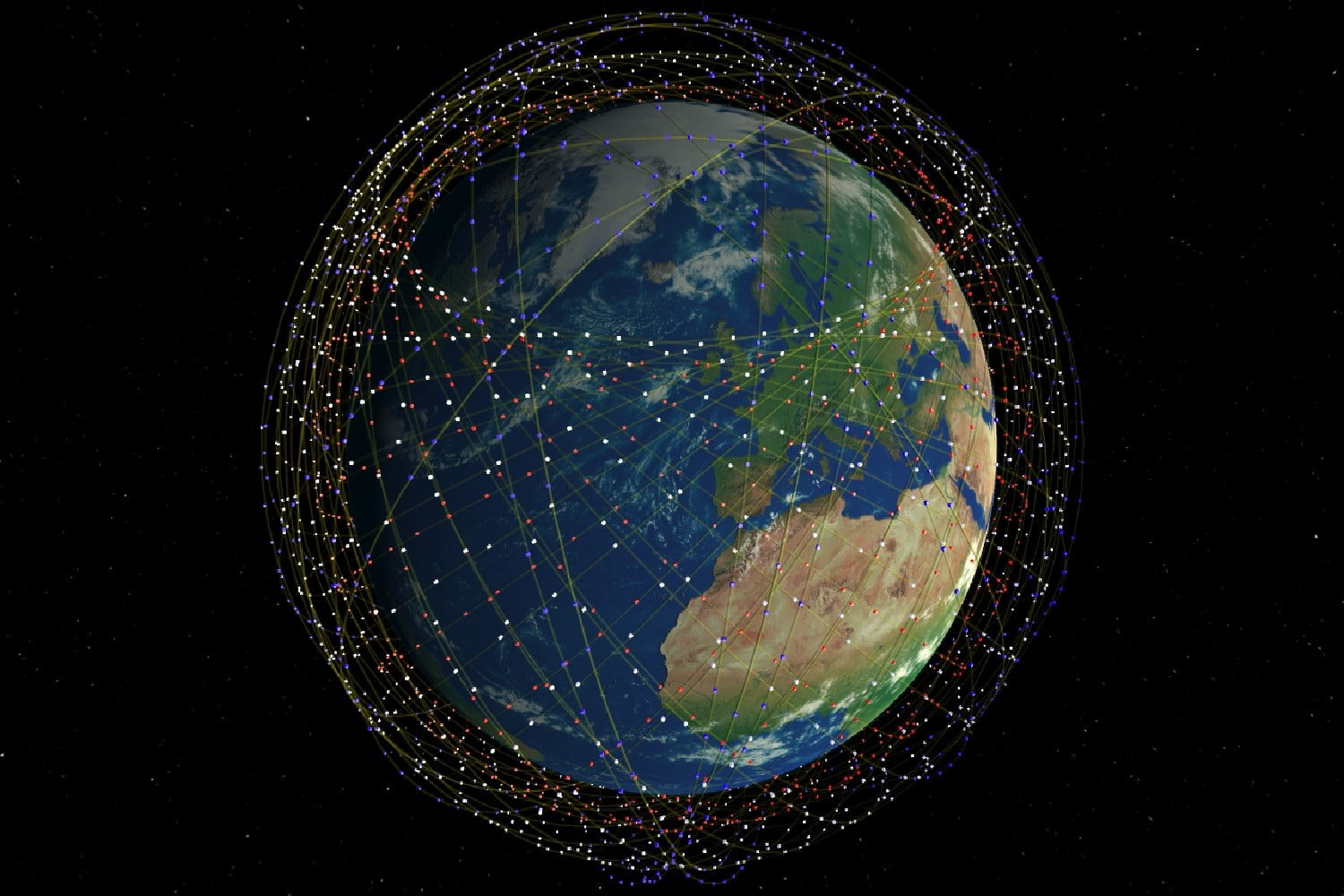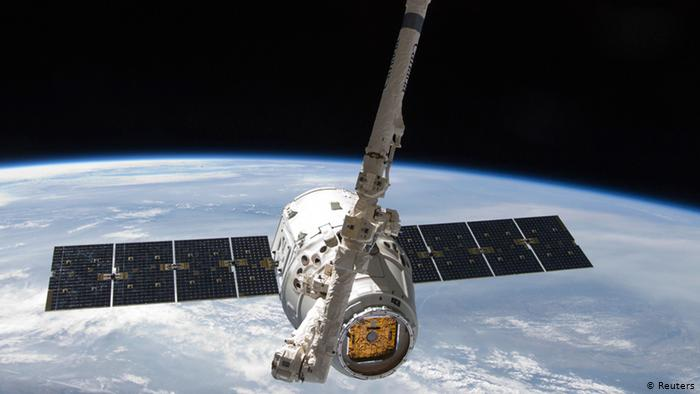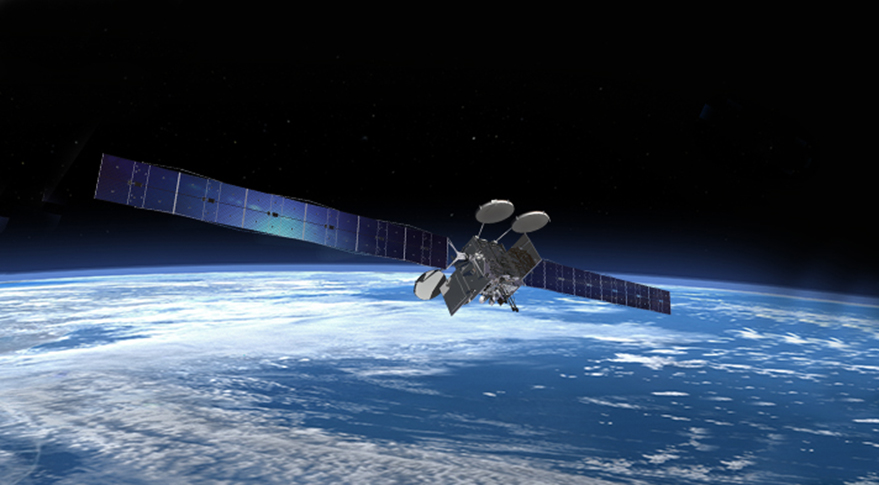SpaceX is planning to provide ultra-fast, seamless and affordable internet through Wi-Fi that will originate from a number of SpaceX satellites in the space.
So far, the greatest challenge the project is facing is present on the ground.
Watch to learn more about the exciting news below.
[rumble video_id=v5xtjf domain_id=u7nb2]
Video credit: Rumble
This year, SpaceX has launched around 100 satellites for the network they refer to as Starlink. The project ultimately aims to cover the whole planet with 10,000 satellites that will provide internet connectivity all over the world.
The Wi-Fi service will be functional in the US by next year.
What SpaceX is trying to do is definitely not an easy project. The amount of money involved here is in billions of dollars and all the previous attempts of doing the same have proven unsuccessful, making the project exceptionally risky.
It has also not been confirmed whether or not SpaceX has the amount of finance needed to launch all those 10,000 satellites.
The problems involved here are not just for SpaceX. The users of Starlink Wi-Fi will have to install special antennas on their roofs to get enough signals to be actually able to use the internet.
The technology needed for such antennas is already present in the market but there’s a catch – it is very costly.
In order to attract customers for their newly launched network, SpaceX will need to develop user terminals or antennas that are affordable for the customers.
According to the COO of SpaceX, Gwynne Shotwell, their company is using “a lot of engineering” to develop the much-needed user antennas.
“Because if we don’t get it right, we’re in deep doo-doo,” she said.
The traditional internet service, despite its extensive ground network of cell towers and underground cables, is not able to provide a consistent internet connection to even half of the global population.
That’s why there always have been attempts of beaming the internet from the space.
Back in the ’90s, a number of similar projects were started but all of them were abandoned due to the extremely high costs involved.
Interestingly, SpaceX is not the only company trying to realize the dream from the ’90s. Amazon and OneWeb are also trying to do the same.
Now that the satellites and rockets are cheaper than before, it seems much possible that the companies will succeed.
The antennas have also evolved a lot since the 1990’s but we still have a long way to go. Producing the antenna units in the quantity, price, and specifications needed for the purpose is still a hard task.
Currently, we do have space-based data services in the form of dish TV.
These services are provided by satellites that orbit the earth at 20,000 miles and maintain the same position with respect to the earth.
Now we can use these connections for a TV but imagine every time you click a link, the information has to travel 20,000 miles and back to you, it will cause annoying lag times.
Considering this aspect, SpaceX is planning to launch the satellites to a much closer orbit.
These will be orbiting the earth at just 300-400 miles, making it possible for them to provide speeds equivalent to ground-based services.
Bill Milroy, the chief technology officer at American antenna maker ThinKom said they’ll have to develop antennas that can constantly adjust their direction as the satellite moves across the sky to maintain a constant connection.
Bill also said that the exact cost of an antenna in mass production cannot be determined right now.
The price of the antenna in mass production is a part of an infinite loop. You can’t determine the price before you know exactly how much antennas you’ll be needing and the demand can only be known once you know how much a unit will cost.
Bill said if SpaceX asks him to make an antenna right now, he can deliver it at $1000 apiece. But to make the venture possible, the company needs to bring the prices of the antenna down to $150.
SpaceX will most likely be deploying the antennas developed by them instead of using the ones manufactured by others.
Replaced!






